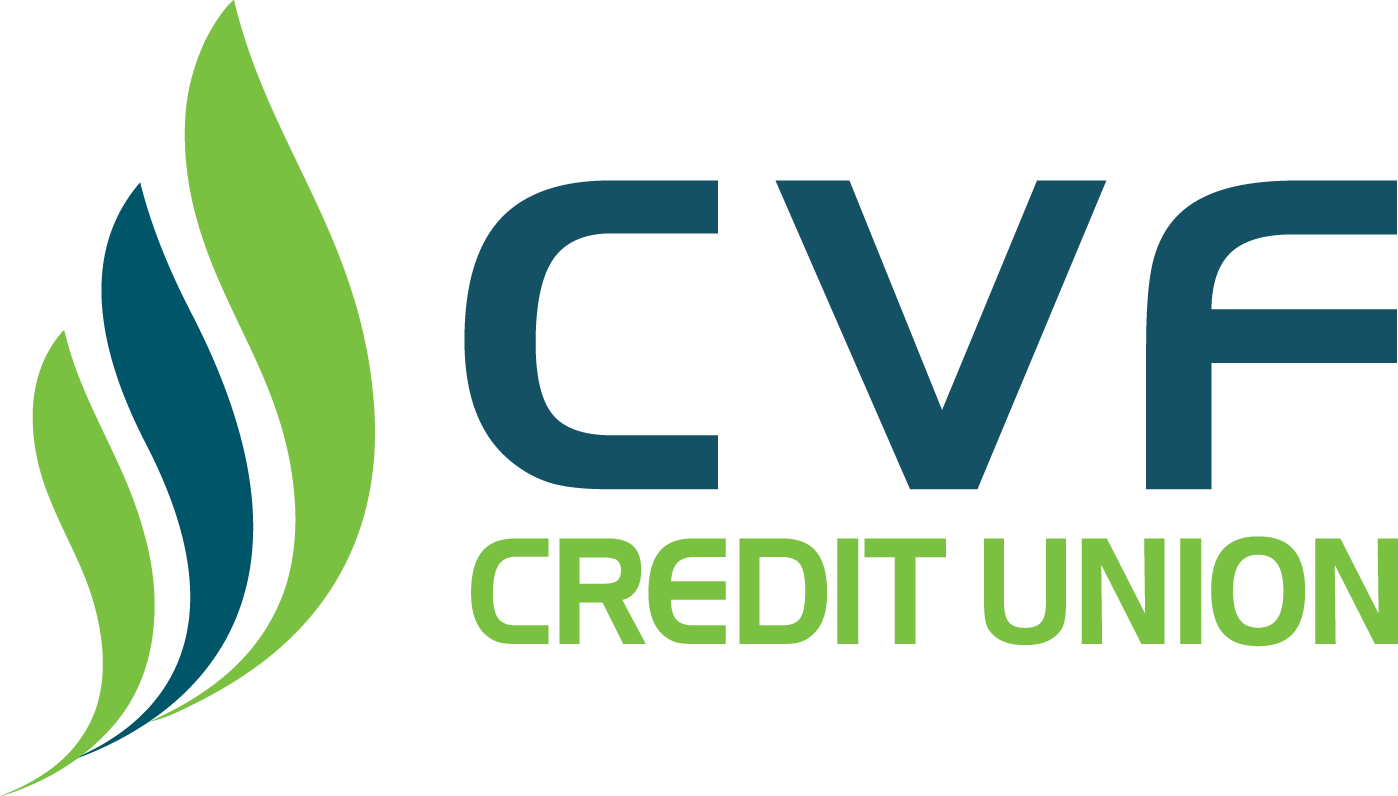
From Ramen Noodles to Retirement Savings: A Guide to Building a Sustainable Budget After College Graduation
You did it! You graduated from college and earned your degree. You’re ready to start your career and make your mark on the world.
But before you do, there’s one more skill you need to master: budgeting after college.
Budgeting after college is a smart way to manage your money and a key to achieving your financial goals and dreams.
Whether you want to pay off your student loans, save for a house, travel the world, or retire early, you need a plan to make it happen.
So, let’s get to it!
Why Budgeting After College is Crucial for Your Financial Success
You may be wondering why you need to budget after college. After all, you have worked hard to earn your degree and deserve to enjoy your life, right?
Well, yes and no.
While there is nothing wrong with having fun and treating yourself occasionally, you also need to be responsible and plan for your future.
Budgeting after college can help you to:
- Live within your means and avoid overspending.
- Pay off your student loans and other debts faster.
- Build an emergency fund for unexpected expenses or job loss.
- Save for your short-term and long-term goals, such as buying a car, a house, or traveling the world.
- Invest in your retirement and secure your financial future.
- Reduce stress and anxiety about money.
- Develop good financial habits that will last a lifetime.
The Basics of Post-College Budgeting
Budgeting after college may seem daunting initially, but it is easier than you think. Here are the basic steps to follow:
Monitor and Optimize Your Spending Habits and Save More Money
The first step to budgeting after college is to track your spending regularly and see where your money is going. This will help you identify spending leaks or areas where you can save money.
To track your spending effectively, you need to categorize your expenses into two types: fixed and variable.
Fixed expenses are the ones that are the same every month, such as rent, insurance, loan payments, etc.
Variable expenses are the ones that can change every month depending on your choices, such as food, entertainment, clothing, etc.
Remember, track everything, even the 50c you gave the neighbor’s kid.
Calculate Your Monthly Cash Flow and Live Within Your Means
The second step to budgeting after college is to figure out how much money you have coming in and going out every month. This will help you determine your monthly cash flow—the difference between your income and expenses.
Your income is the money you earn from your job, side hustles, or other sources.
Your expenses are the money you spend on your needs and wants, such as rent, utilities, food, transportation, entertainment, etc.
You need to track your income and expenses for at least one month to calculate your monthly cash flow. You can use a spreadsheet, an app, or a pen and paper to record every dollar you earn and spend.
Then, add up your income and expenses separately and subtract your expenses from your income. The result is your monthly cash flow.
If your monthly cash flow is positive, you spend less than you earn and have some money left to save or invest.
If your monthly cash flow is negative, you spend more than you earn and live beyond your means, resulting in debt accumulation and financial stress.
To live within your means, you need to either increase your income or decrease your expenses (or both).
Set and Achieve Your Short-Term and Long-Term Financial Goals
The third step to budgeting after college is to save and invest for your short-term and long-term financial goals.
Saving and investing are not the same, but they are both important for building wealth and achieving financial independence.
Saving is putting money aside in a safe and accessible place, such as a savings account, a certificate of deposit (CD), or a money market account. It is good for short-term goals, such as building an emergency fund, saving for a vacation, or buying a car.
Investing is putting money into assets that have the potential to grow in value over time, such as stocks, bonds, mutual funds, or real estate. It is good for long-term goals, such as saving for retirement, buying a house, or starting a business.
To save and invest effectively:
- Set SMART (specific, measurable, achievable, relevant, and time-bound) goals for each of your short-term and long-term objectives.
- Determine how much money you need to save and invest for each goal and how long it will take to reach them.
- Choose the best saving and investing vehicle for each goal based on your risk tolerance, time horizon, and expected return.
- Diversify your portfolio by spreading your money across different types of assets and sectors to reduce risk and increase returns.
- Revisit your goals regularly and adjust them as needed.
Using CVF Credit Union’s Resources
Budgeting after college may seem challenging initially, but it doesn’t have to be. With CVF Credit Union’s resources, you can access financial education, guidance, and support from a faith-based community that cares about your well-being.
Some of the resources we offer include:
- Online banking tools that allow you to manage your accounts, pay bills, transfer funds, set budgets, and more from anywhere at any time.
- Savings accounts that offer competitive interest rates, no monthly fees, and easy access to your money when you need it.
- Investment services that offer professional advice, planning tools, and access to various investment products.
- Financial education that offers free online courses, webinars, articles, podcasts, and newsletters on various topics related to personal finance.
- Financial counseling that offers free, confidential consultations with certified counselors.



